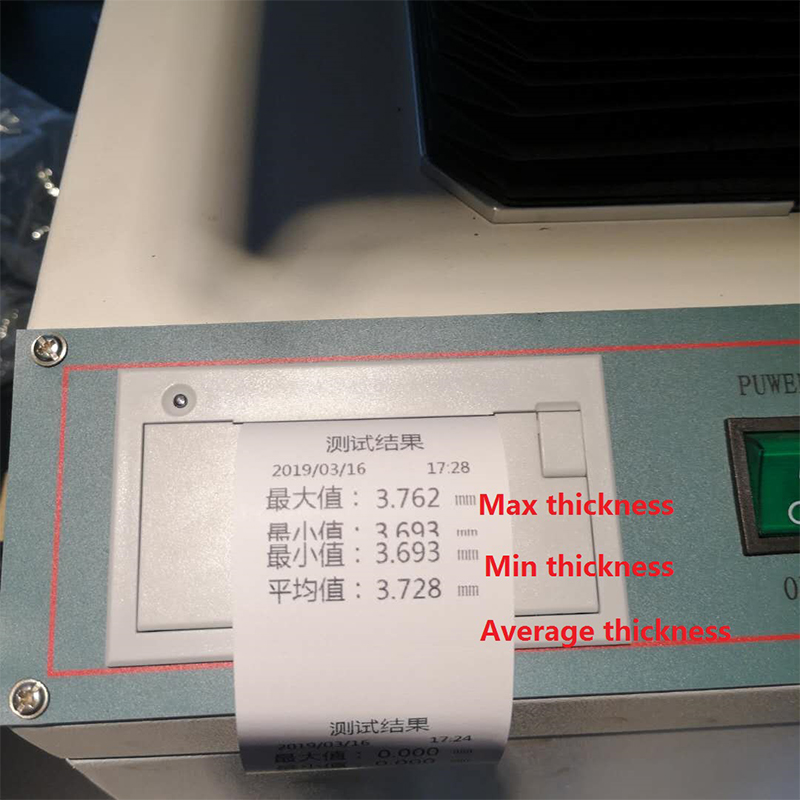Insulation Resistance Testing Services - Quality Assurance & Compliance
Understanding Insulation Resistance Tests and Their Suppliers
Insulation resistance tests are crucial for ensuring the reliability and safety of electrical systems. These tests help determine the quality of insulation around electrical conductors, thereby preventing potential failures, short circuits, and hazardous situations. As industries become increasingly dependent on electrical equipment, the demand for insulation resistance testing has surged, leading to a growing market for suppliers that provide testing services and equipment.
What is Insulation Resistance Testing?
Insulation resistance testing involves applying a specific voltage to the insulation of electrical equipment while measuring the resistance of that insulation. The primary objective is to ensure that the insulation is intact and capable of withstanding operating voltages without allowing electrical current to leak through. High insulation resistance indicates excellent insulation quality, while low resistance could signify potential failure or deterioration of the insulation material.
Typically, insulation resistance is measured in ohms. A common practice is to test at voltages such as 250V, 500V, or 1000V, depending on the equipment being tested. For instance, electrical motors, transformers, and other high voltage equipment require rigorous testing to prevent electrical failures that could result in costly downtimes and safety hazards.
Importance of Insulation Resistance Tests
1. Safety The primary reason for conducting insulation resistance tests is safety. Poor insulation can lead to electric shocks or fires, posing risks to personnel and property. Regular testing helps ensure that any potential issues are identified and rectified before they escalate.
2. Equipment Longevity High-quality insulation improves the lifespan of electrical devices. Regular testing can catch early signs of insulation degradation, allowing for timely maintenance or replacements, thus prolonging equipment life.
3. Compliance Many industries are subject to strict regulatory standards concerning electrical safety. Insulation resistance testing helps companies comply with these regulations, avoiding legal penalties and ensuring safe operations.
insulation resistance tests supplier

4. Risk Management For businesses, the cost of unexpected equipment failures can be detrimental. Routine insulation resistance testing is a proactive approach to risk management, identifying vulnerabilities before they lead to significant issues.
Choosing the Right Supplier for Insulation Resistance Testing
When it comes to selecting a supplier for insulation resistance testing, several factors should be considered
1. Expertise Ensure that the supplier has technical knowledge and experience in insulation resistance testing. A reputable supplier should be able to provide references and demonstrate their competence in the field.
2. Equipment Quality The accuracy of insulation resistance tests heavily depends on the quality of the testing equipment used. Suppliers should offer reliable, state-of-the-art testing tools that comply with industry standards.
3. Service Range Look for suppliers who provide comprehensive testing services, including on-site testing, detailed reporting, and recommendations for improvements based on test results.
4. Certifications Choose suppliers that are certified or accredited by relevant industry standards. This ensures that they adhere to recognized best practices in insulation resistance testing.
In conclusion, insulation resistance testing is a vital aspect of electrical safety and equipment maintenance. With an increasing number of suppliers entering the market, businesses must carefully evaluate their options to ensure they choose a provider that meets their specific needs. Investing in high-quality insulation resistance testing services will contribute significantly to operational safety, equipment reliability, and regulatory compliance.
-
Why the Conductor Resistance Constant Temperature Measurement Machine Redefines Precision
NewsJun.20,2025
-
Reliable Testing Starts Here: Why the High Insulation Resistance Measuring Instrument Is a Must-Have
NewsJun.20,2025
-
Flexible Cable Flexing Test Equipment: The Precision Standard for Cable Durability and Performance Testing
NewsJun.20,2025
-
Digital Measurement Projector: Precision Visualization for Modern Manufacturing
NewsJun.20,2025
-
Computer Control Electronic Tensile Tester: Precision and Power for the Modern Metal Industry
NewsJun.20,2025
-
Cable Spark Tester: Your Ultimate Insulation Assurance for Wire and Cable Testing
NewsJun.20,2025
 Copyright © 2025 Hebei Fangyuan Instrument & Equipment Co.,Ltd. All Rights Reserved. Sitemap | Privacy Policy
Copyright © 2025 Hebei Fangyuan Instrument & Equipment Co.,Ltd. All Rights Reserved. Sitemap | Privacy Policy
